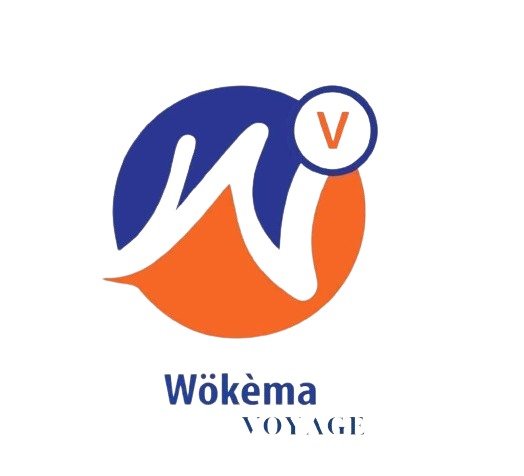The United States is revoking visas of international students involved in political protests, leading to deportations. Homeland Security is investigating Columbia University for allegedly sheltering undocumented international students. Australia has introduced stricter regulations to eliminate fraudulent “ghost colleges” misusing student visa programs. A global survey shows a 41% decline in international postgraduate enrollments due to tightening visa restrictions. The United Kingdom has imposed new rules limiting student dependents to control rising migration numbers. Canada has announced a cap on international student permits to manage housing shortages and educational capacity. Germany is increasing work-hour limits for international students to help fill labor shortages in key industries. France is launching a fast-track visa system to attract high-achieving international students to its universities. New Zealand is adjusting post-study work rights to make its education sector more appealing to skilled graduates. Many countries are implementing stricter student visa policies, significantly impacting international education and mobility.
Recent Developments in Student Visa Policies
Visa Revocations at Columbia University:
The U.S. Department of Homeland Security (DHS) has taken action against pro-Palestinian protesters at Columbia University. Ranjani Srinivasan, an Indian doctoral student, had her visa revoked on March 5 for “advocating for violence and terrorism” and left the U.S. on March 11. Another student, Mahmoud Khalil, has been detained as a national security risk due to his leadership in protests. These actions are part of broader measures against individuals involved in anti-Israel protests at the university


